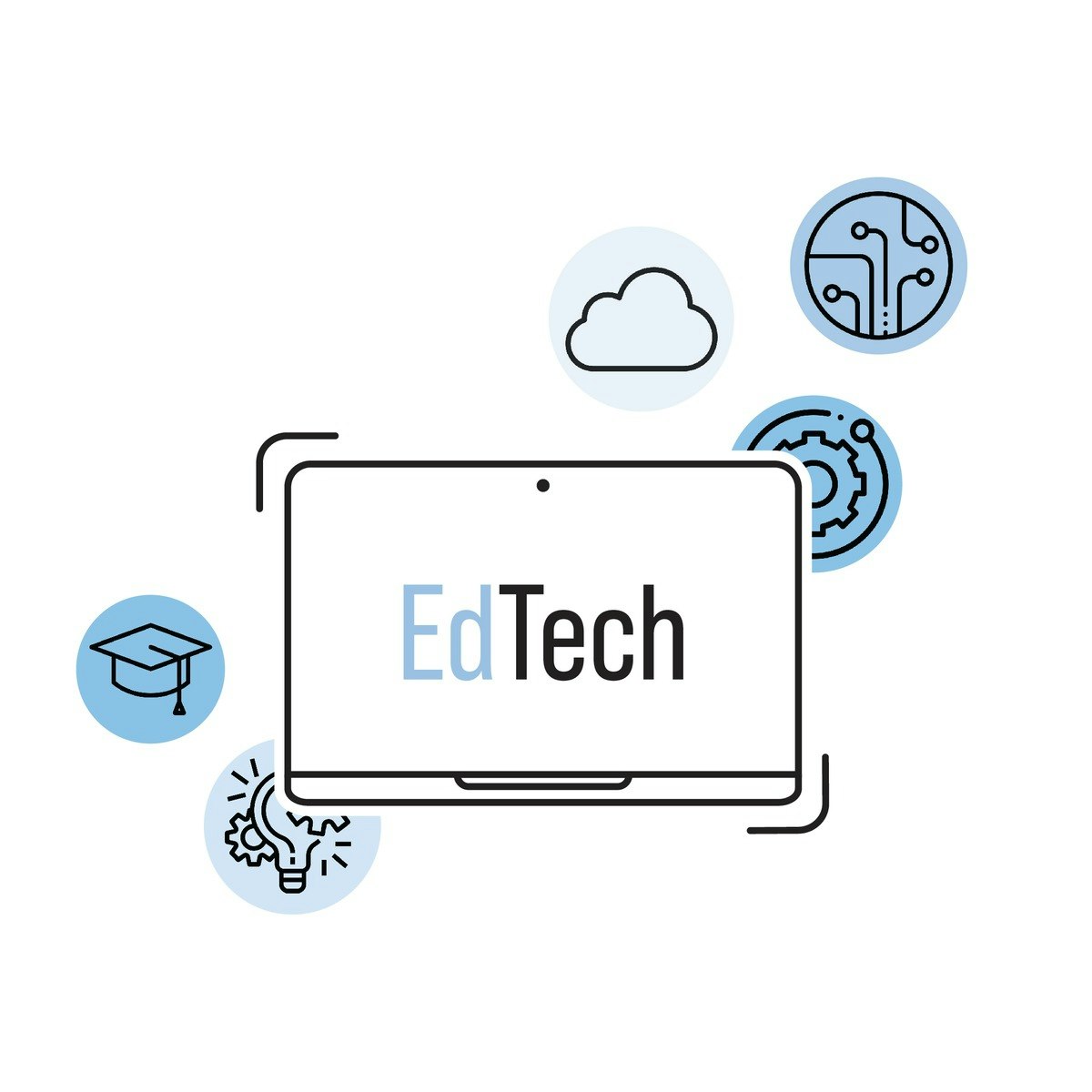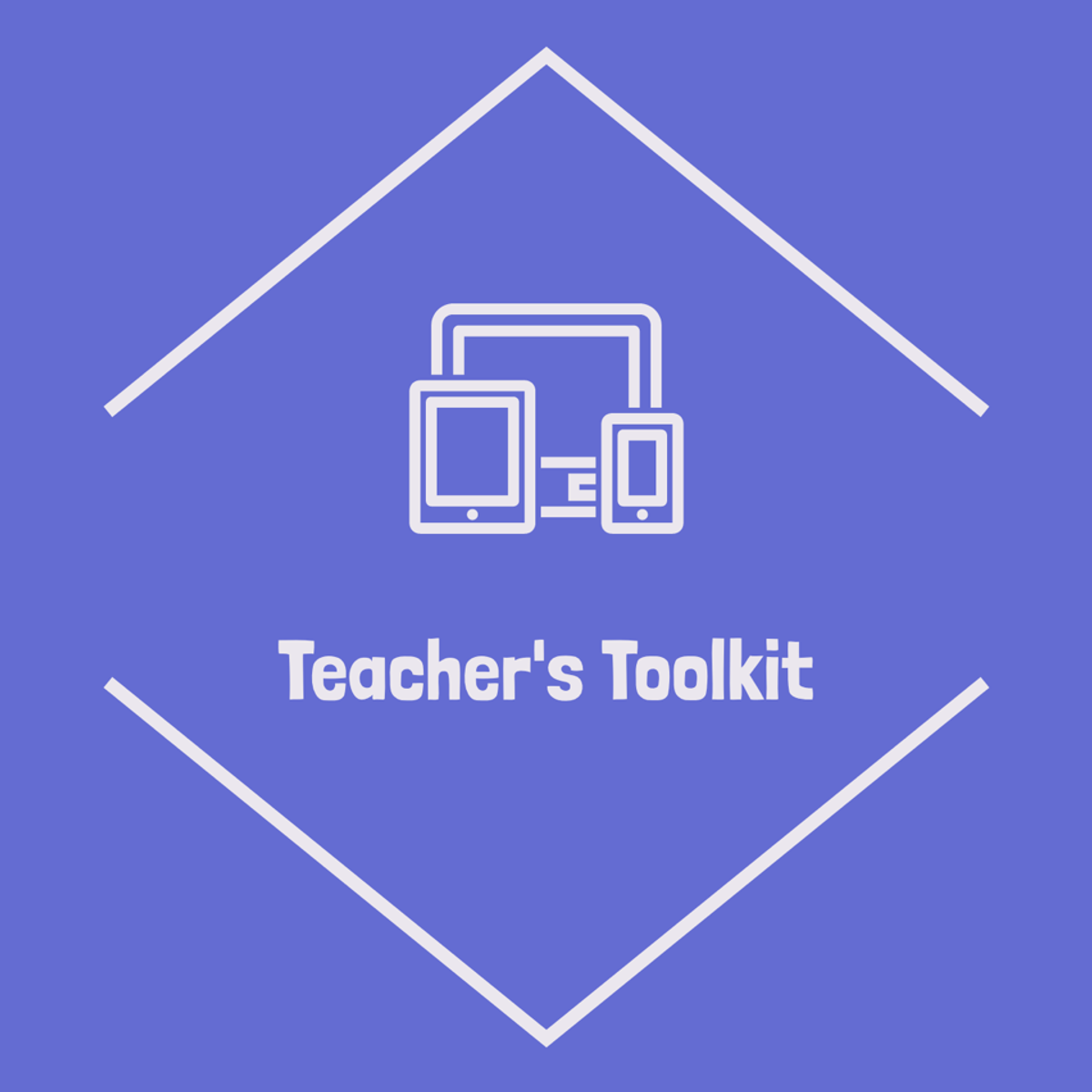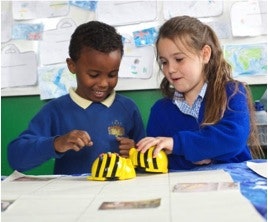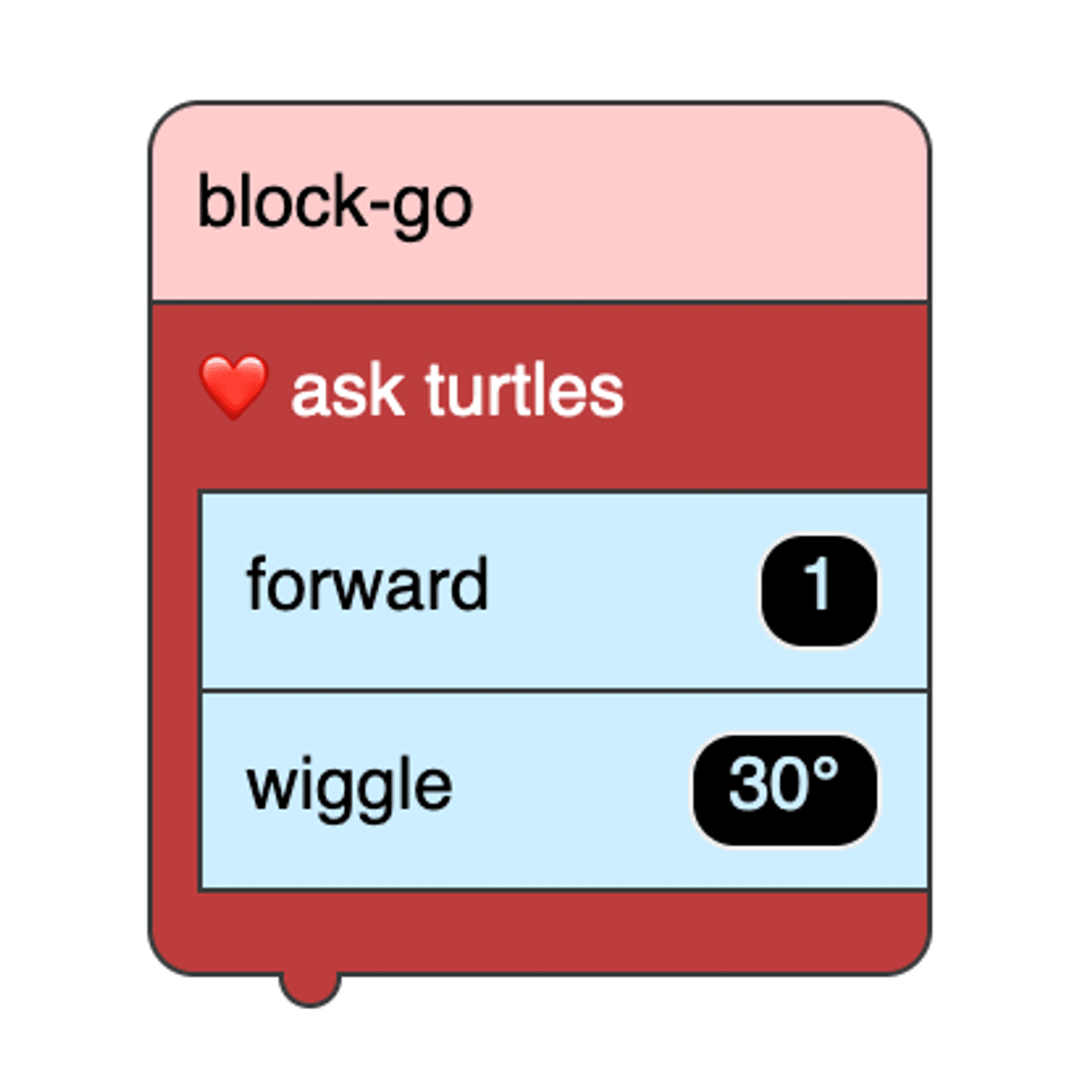Back to Courses









Education Courses - Page 8
Showing results 71-80 of 264

Evolution: A Course for Educators
How are all of the species living on Earth today related? How does understanding evolutionary science contribute to our well-being? In this course, participants will learn about evolutionary relationships, population genetics, and natural and artificial selection. Participants will explore evolutionary science and learn how to integrate it into their classrooms.

Introduction to EdTech
Co-developed by Supercharger Ventures and EDHEC Business School.
EdTech, short for Education Technology, is one of the most exciting sectors in the economy today poised to re-shape how education systems work and how people learn around the world.
Introduction to EdTech MOOC is designed to explore EdTech fundamentals and build the foundational knowledge for educators, institutions, entrepreneurs and governments to appreciate the impact and potential of new tools, technologies, business models and learning methods in education.
In this course, through a series of video lectures, expert interviews, case studies, and assessments you will learn about the major areas of EdTech including Alternative & Digital Education, Hybrid Learning, Challenger Universities, Learning Apps, How Institutions can apply EdTech, as well as, the core technologies driving EdTech including Artificial Intelligence (AI), Data and AR/VR. You will learn from leading academics and global experts who will share real-life examples about the innovations, technology and policies driving the transformation of education.

Engage and Assess Students with Quizizz
By the end of this project, you will be ready to use Quizizz with your students to create gamified quizzes, polls, and lessons. Whether you are teaching online or in the classroom, Quizizz allows you to gather valuable assessment data while your students are actively engaged in a friendly competitive game. Throughout each task, we will set up your Quizizz account and learn how to create your own quizzes as well as use the reporting feature to see how your students are progressing. Engage your students as they learn through Quizizz!

Teach English Now! Capstone Project 2
In the final Capstone Project, you will apply the skills you learned by doing practice teaching. You will build on your assignments from the previous courses to refine your lesson plans and video-tape yourself presenting the lesson. You will submit a total of ten videos. If you have completed Teach English Now! Part 1 and Teach English Now! Part 2, you will submit your work for expert review to receive your ASU 150-hour TESOL Certificate from ASU, in addition to your Coursera certificates.

Chosen Issues in Holocaust History
The Holocaust - what do we know about it and what more can we learn? This course provides a broad and in-depth look at central topics relating to the history of the Holocaust. It examines the events and processes that took place during these earth-shattering years through new and thought-provoking perspectives.

ICT in Primary Education: Transforming children's learning across the curriculum
Why and how are teachers integrating ICT (Information and Communication Technology) into primary education? In this course we analyse examples from schools in different parts of the world, and bring professional teachers, headteachers and policymakers together to share their best ideas and inspiring stories.
The materials in the course are based on studies carried out for the UNESCO Institute of IT in Education, Moscow.
Learning Outcomes:
to be aware of the range of reasons for using ICT
to critique the strategies for developing ICT over time
to analyse the strengths and weakness of different decision-making mechanisms
to become familiar with a wider range of useful tools and resources for integrating ICT

Use Wakelet to Curate Learning Collections
With the endless learning opportunities available online, it can be overwhelming to find and save the best of the best for your students. With Wakelet, you can organize videos, assignments, and much more into learning collections for your students.

ELL Success in the Content Classroom: Capstone Project
As teachers, it is so important to have a plethora of resources to draw upon for modification for specific students and classroom contexts. In this capstone project, you are tasked with applying the concepts learned throughout the specialization, to create your own toolbox designed with the ELL in Mind.
In this two-part capstone, you will first create an annotated lesson plan comprising both formative and summative assessments. The lesson plan will include any modified materials for ELLs such as graphic organizers or writing frames pertinent to the lesson's activities. The annotation will include a rationale for lesson elements based on information presented in Lesson Planning with the ELL in Mind and Assessing Achievement with the ELL in Mind.
Second, you will use your checklist of resources, personalized to your school and community, to create an engagement plan of action. This should include specific milestones for creating a more engaging environment for your students and their families. You will also include a rationale for elements of engagement based on information presented in Engaging the ELL and Their Families in the School and Community.
In this capstone, you will create a personalized toolbox for ELL success in the content classroom.
This toolbox will include:
* Annotated Lesson Plan
- Modified Materials
- Formative and Summative Assessment
- Lesson Plan and Materials Rationale
* Engagement Action Plan and Rationale
The materials created in this project should be immediately useful in your classroom. Your capstone project should be tailored to your teaching context, content area, and students.
By the end of this course, you will be able to:
* Design a lesson plan with attention to the needs of your ELLs
* Create appropriate modified materials to support your ELLs
* Create formative and summative assessments to measure both content mastery and language development as specified by
your lesson plan's learning and language objectives
* Rationalize your application of selected methodologies
* Create and implement an engagement action plan specified for your teaching context

Blocks-based ABM with NetTango
Programming and complexity thinking are key skills for approaching 21st century challenges. NetTango Builder is a tool that allows for the creation of blocks-based programming experiences based on complex systems models available in NetLogo Library. Thus, it makes it possible for teachers to create entry level programming experiences capable of introducing students to non-linearity, emergence, uncertainty and other complexity related phenomena.

Communication skills for engineering scholars
The course teaches engineering scholars how to improve their communication skills, based on theory, examples and practical exercises.
Topics include basics of rhetoric (how to be clear), basics of argumentation theory (how to be persuasive), public speaking, grant writing, scientific writing.
The main target are engineering scholars; the first 3 weeks, though, can be useful to anyone wishing to improve their communication skills.
Popular Internships and Jobs by Categories
Find Jobs & Internships
Browse
© 2024 BoostGrad | All rights reserved
